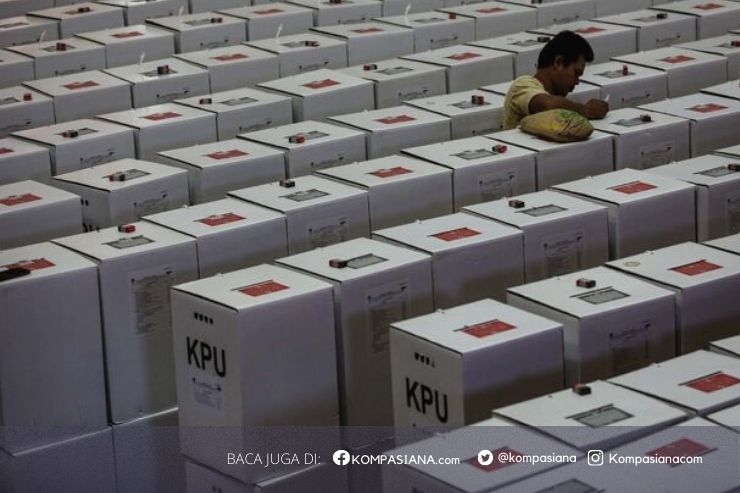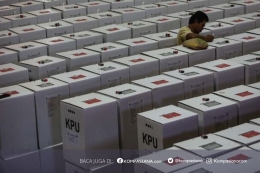Influence of Westernization and internal Saudi colonialism on women
Identity and Empowerment
Reclaiming identity through resistance
National identity intertwined with gender and resistance
Personal empowerment in a restrictive social environment
ANALYSIS
The data gathered from the thematic analysis of these literary works shows how each author grapples with the complex intersections of gender, colonialism, and identity within their respective socio-political contexts. These works are reflective of their environments, where gender dynamics are inextricably linked to political struggles and cultural norms.
Using postcolonial feminist theory, particularly Chandra Talpade Mohanty's concept of "colonial discourse" (2003), it becomes evident that all three works portray how colonialism not only impacts national identity but also reshapes gender norms. Mernissi's depiction of the harem in Teras Terlarang serves as a metaphor for the colonial intrusion into Moroccan society, where patriarchal traditions were both imposed and reinforced by colonial rulers. Fawal's narrative, My Salwa My Palestine, shows how colonialism's physical occupation of land intersects with the emotional and social constraints placed upon Palestinian women. As women actively engage in the resistance, they simultaneously resist the colonizer and the patriarchy that seeks to limit their roles. Similarly, Carmen bin Laden's memoir illustrates how Saudi women's efforts for personal freedom are shaped by both Western influences and the rigid patriarchal structures within their own society.
The application of Michel Foucault's theory of power and resistance (1978) further enhances our understanding of how the characters in these works express resistance. Foucault's idea that power is not merely top-down but also embedded in daily practices resonates strongly with Mernissi's exploration of internalized patriarchal control. For example, in Teras Terlarang, the harem, while symbolizing confinement, is also a site of resistance where women reclaim control over their lives through subtle acts of defiance. Similarly, in Fawal's My Salwa My Palestine, the Palestinian women's resistance is both a political act and a personal, internal struggle against gender norms that restrict their participation in the national cause.
These literary works demonstrate how resistance is not simply about overt political actions but also about personal empowerment and the ability to navigate oppressive systems. The findings highlight the importance of literature in offering a voice to marginalized individuals and providing a space for the exploration of gender, identity, and political resistance. Through these texts, the authors not only illuminate the struggles of women in the Middle East and North Africa but also offer insights into broader global discussions of gender equality, colonialism, and identity.
CONCLUSION







